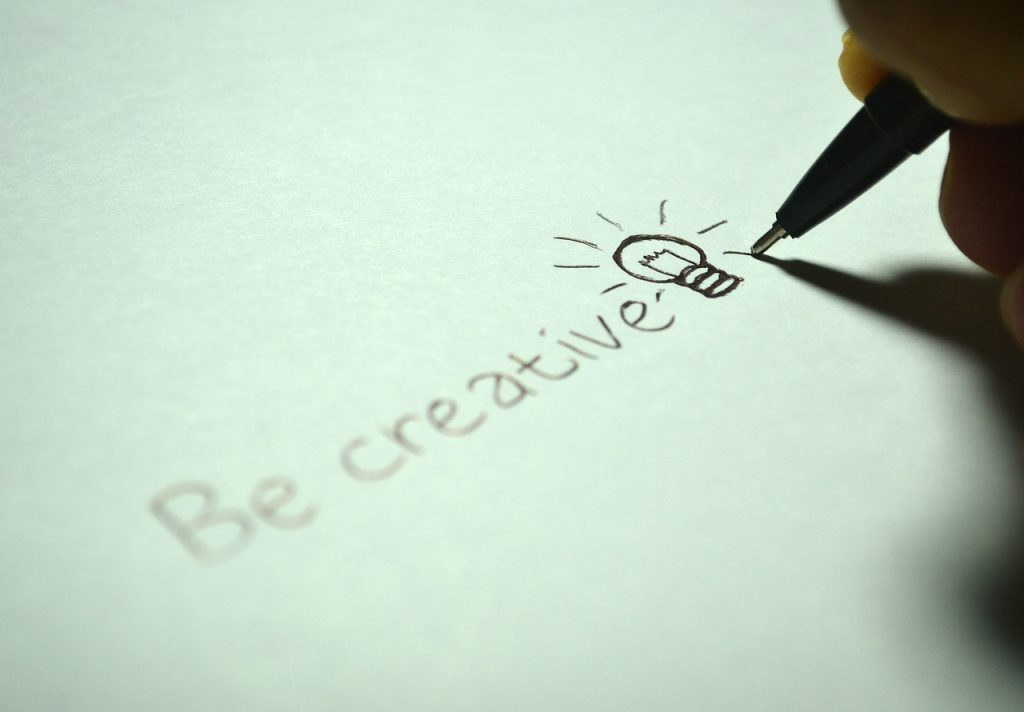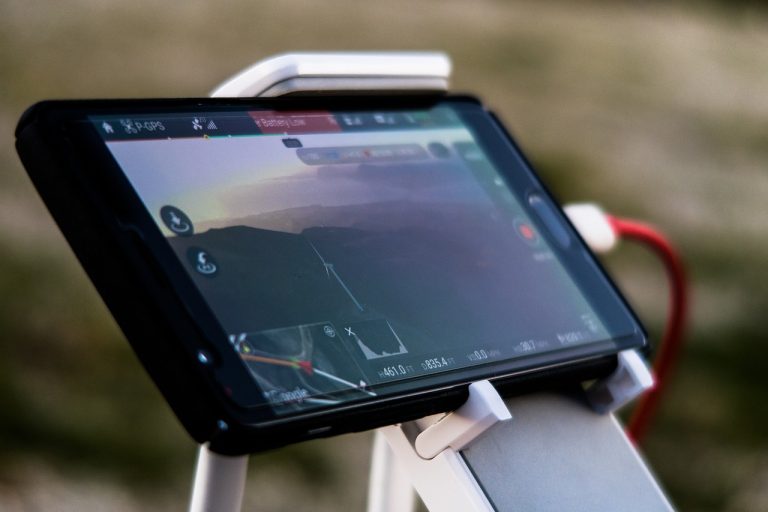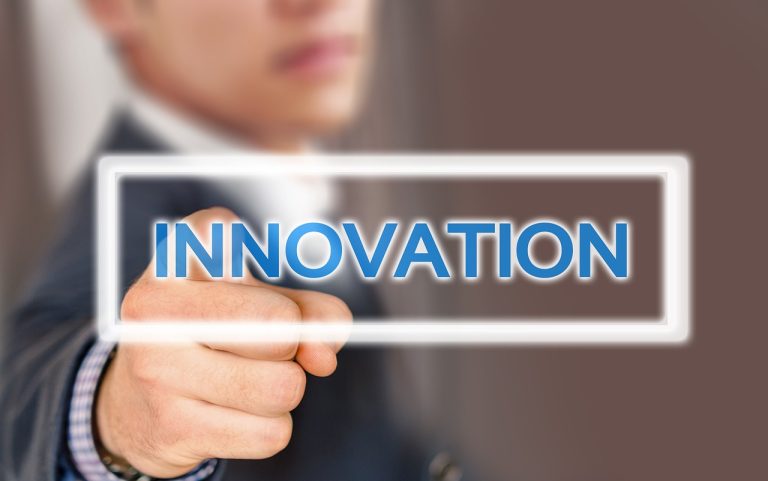
In today’s fast-paced world, it’s hard to keep up with the dizzying array of transformative technologies that are reshaping our lives. From how we work to how we communicate, these innovations are not just trends; they are game-changers that promise to revolutionize our everyday existence. Imagine a world where machines can think, where your devices communicate seamlessly, and where digital currencies redefine the concept of money. Sounds intriguing, right?
These technologies are more than just buzzwords; they are the backbone of a new era. For instance, consider Artificial Intelligence (AI), which is driving efficiency in everything from customer service to healthcare. Or think about Blockchain, which is redefining trust in financial transactions and ensuring data security like never before. The Internet of Things (IoT) is connecting our homes and workplaces, making them smarter and more efficient. And let’s not forget about Augmented Reality (AR) and Virtual Reality (VR), which are transforming experiences in gaming and education, immersing us in worlds we once only dreamed of.
As we stand on the brink of the 5G revolution, the potential for speed and connectivity is staggering. Imagine downloading an entire movie in seconds or communicating with smart cities and autonomous vehicles. The implications are profound, and the question is not whether these technologies will change our lives, but how quickly they will do so. Are you ready to embrace this wave of innovation?
In conclusion, these game-changing technologies aren’t just optional; they are essential for anyone looking to stay relevant in this digital age. The future is here, and it’s time to dive in!
Artificial Intelligence Revolution
Artificial Intelligence (AI) is not just a buzzword; it’s a game-changer that’s revolutionizing the way we live and work. Imagine a world where machines can learn from experience, adapt to new information, and perform tasks that once required human intelligence. That’s the power of AI! From enhancing customer service with chatbots to automating complex processes in industries like healthcare and finance, AI is driving efficiency and innovation like never before.
One of the most exciting aspects of AI is its ability to analyze vast amounts of data quickly. This capability allows businesses to make informed decisions in real-time, improving their competitive edge. For instance, companies are leveraging AI algorithms to predict consumer behavior, optimize supply chains, and personalize marketing strategies. The result? Increased sales and customer satisfaction!
But it’s not just businesses that benefit; AI is also enhancing our daily lives. Think about smart assistants like Siri or Alexa. They help us manage our schedules, control smart home devices, and even provide entertainment. It’s like having a personal assistant at your fingertips! However, with great power comes great responsibility. The ethical implications of AI, such as privacy concerns and job displacement, are topics that need careful consideration.
In conclusion, the AI revolution is here, and it’s reshaping our world in profound ways. As we embrace these transformative technologies, we must also navigate the challenges they bring. The future is bright, and those who harness the power of AI will undoubtedly lead the charge into a new era of innovation.
Blockchain and Decentralization
Blockchain technology is reshaping the way we think about trust and transparency in our transactions. Imagine a world where every transaction is recorded in an unalterable ledger, accessible to everyone but controlled by no one. That’s the beauty of blockchain! By decentralizing data, we’re not just enhancing security; we’re also empowering individuals to take control of their own information.
In traditional systems, trust is often placed in a central authority, whether it’s a bank, a government, or a corporation. However, with blockchain, this reliance is eliminated. Each participant in the network has access to the same data, which fosters a level of transparency that was previously unimaginable. This shift is particularly significant in industries such as:
- Finance: Blockchain enables peer-to-peer transactions without intermediaries, drastically reducing costs and time.
- Supply Chain: Companies can track products in real-time, ensuring authenticity and preventing fraud.
- Data Security: With encryption and decentralized storage, sensitive information is less vulnerable to hacks.
Furthermore, the potential of blockchain extends beyond mere transactions. It can revolutionize voting systems, identity verification, and even intellectual property rights. The implications are profound: imagine a future where your vote is securely recorded on a blockchain, ensuring that every voice is heard and counted without fear of tampering.
Yet, it’s essential to recognize the challenges that accompany this technology. Issues like scalability, energy consumption, and regulatory hurdles need addressing to fully harness blockchain’s potential. Nevertheless, the journey toward decentralization is already underway, and it promises to transform our interactions with technology and each other in ways we are only beginning to understand.
Internet of Things (IoT)
The is not just a buzzword; it’s a phenomenon that’s reshaping our daily lives and the way we interact with technology. Imagine a world where your refrigerator can remind you to buy groceries, or your thermostat can adjust the temperature based on your preferences without you lifting a finger. Sounds like something out of a sci-fi movie, right? But this is the reality we are stepping into, and it’s incredibly exciting!
At its core, IoT connects devices to the internet, allowing them to send and receive data. This connectivity leads to smarter living environments, making our homes more efficient and our lives easier. For instance, consider the benefits of smart homes:
- Energy Efficiency: Devices can optimize energy usage, reducing bills and environmental impact.
- Enhanced Security: Smart cameras and alarms provide real-time monitoring and alerts.
- Convenience: Automating daily tasks frees up time for what truly matters.
However, it’s not all sunshine and rainbows. With great connectivity comes great responsibility. The challenges of IoT include data privacy concerns and the potential for cyberattacks. As more devices connect to the internet, the risk of unauthorized access increases. It’s crucial for users to be aware of these risks and take necessary precautions, such as using strong passwords and keeping software updated.
In conclusion, the Internet of Things is a game changer that promises to enhance our lives dramatically. As we embrace this connectivity, we must also stay vigilant about the implications it brings. The future is here, and it’s more connected than ever!
Augmented and Virtual Reality
Augmented Reality (AR) and Virtual Reality (VR) are not just buzzwords; they are game-changers that are reshaping how we experience the world around us. Imagine stepping into a virtual classroom where you can interact with historical figures or exploring a distant planet from the comfort of your living room. These technologies are making the impossible, possible!
AR overlays digital information onto the real world, enhancing our perception of reality. For instance, think about how Pokémon GO made it possible for players to catch virtual creatures in real parks! This blend of the digital and physical worlds is not only fun but also has practical applications in fields like healthcare, where surgeons can visualize complex anatomy during procedures.
On the other hand, VR immerses users in completely virtual environments. With a VR headset, you can travel through time, dive into the ocean, or even walk on Mars! This level of immersion is revolutionizing industries such as education, where students can experience history firsthand, and training, where professionals can practice skills in a risk-free environment.
However, as exciting as these technologies are, they come with their own set of challenges. Issues like accessibility, cost, and potential health concerns related to prolonged use must be addressed. Here’s a quick look at some pros and cons:
| Pros | Cons |
|---|---|
| Enhanced learning experiences | High cost of equipment |
| Innovative training solutions | Potential for motion sickness |
| Increased engagement in entertainment | Accessibility issues for some users |
As we continue to explore the potential of AR and VR, one thing is clear: these technologies are not just the future; they are the present, transforming how we learn, work, and play. Are you ready to embrace this immersive revolution?
5G Connectivity
5G technology is not just another upgrade; it’s a quantum leap in connectivity that promises to transform our world in ways we can only begin to imagine. Think of it as the superhighway of information, allowing data to travel at lightning speed, enabling seamless communication and interaction. With 5G, the potential for innovation is boundless, opening doors to smart cities, autonomous vehicles, and enhanced virtual experiences.
Imagine a world where your self-driving car can communicate with traffic signals and other vehicles in real-time, reducing accidents and improving traffic flow. Or picture a healthcare system where doctors can perform surgeries remotely using augmented reality, guided by real-time data streamed at incredible speeds. This is the future that 5G connectivity is paving the way for.
However, with great power comes great responsibility. The deployment of 5G technology brings its own set of challenges, such as the need for extensive infrastructure and concerns over data security. To better understand the impact of 5G, let’s look at some key benefits:
- Enhanced Speed: Up to 100 times faster than 4G.
- Lower Latency: Near-instantaneous response times.
- Increased Capacity: Supports a massive number of devices simultaneously.
In conclusion, 5G connectivity is not just an upgrade; it’s a game-changer that will redefine our interactions with technology. As we embrace this new era, it’s essential to stay informed and prepared for the exciting possibilities that lie ahead.





